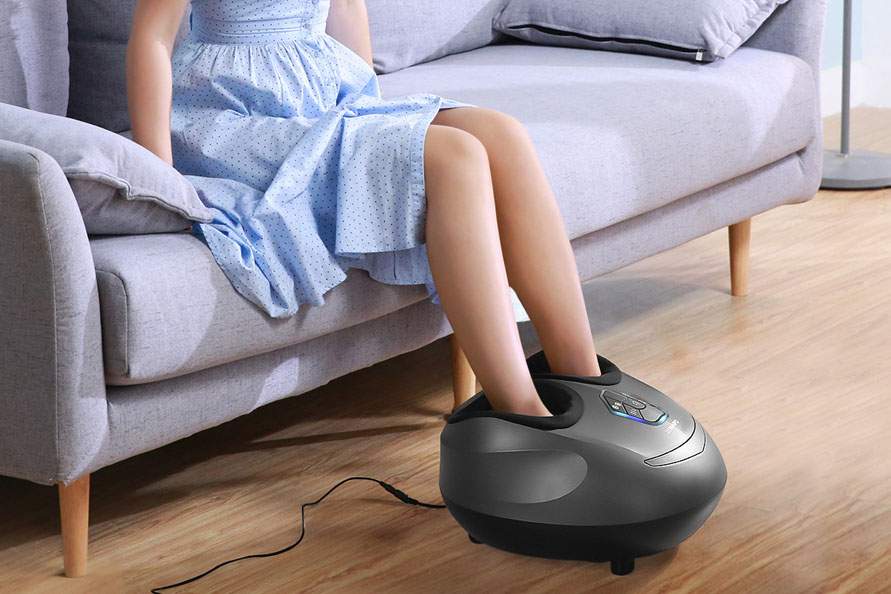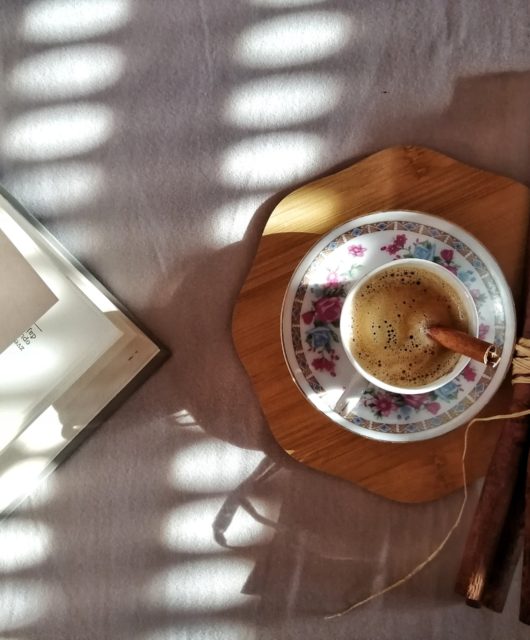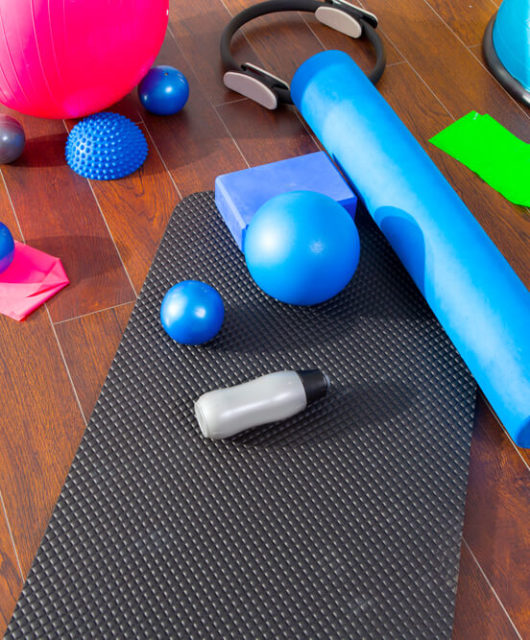Why is sleep so difficult? When we were younger, sleep was so easy. There is a reason getting a good night’s sleep is called “sleeping like a baby.” Nowadays, it is not uncommon to spend 15 minutes, 30 minutes, even an hour, lying awake in bed at the end of the day, wondering if the Sandman will ever come for us.
Researchers have come up with several explanations for the rise in insomnia in the modern adult. First and foremost among them is the proliferation of screens. Though they are ubiquitous today, almost all of human history was spent free of the distracting influence of phones, laptops, tablets and televisions. In fact, most of human history was spent without even electricity: When the sun went down, there was nothing else to do but go to sleep. These days, enough distractions are available on the Internet to keep us occupied our entire lifetimes. If sleep was not a human need, we probably wouldn’t bother to do it at all.

Yet, sleep is a human need, and there comes an hour every night at which we are ready to put away our smartphones and try and catch some shut-eye. Turns out, it is not that easy. Screens have more than a distracting influence on our sleep; they make it physically more difficult. Our brains think the blue light emitted by our devices is actually sunlight, so our brains continue to function as if it is still daytime. That means they do not release the proper amount of melatonin, a hormone designed to help us sleep.
Screens are not our only modern blight. Twenty-first century society also forces us to work harder than ever and, more importantly, to work all the time. The idea of “a single day’s work” has become passé, and most of us check our emails morning, noon and night. This inability to stop thinking about work at the end of the day releases stress hormones such as adrenaline and cortisol. (This happens even if we do not think of ourselves as being “stressed about work.”) These hormones raise our blood pressure and heart rates, ostensibly to help us prepare for whatever we need to do. In other words, they are released specifically to prevent us from dozing off in the face of danger. As such, these are not chemicals we want pumped into our bodies when we are trying to rest up for the next day’s challenges.
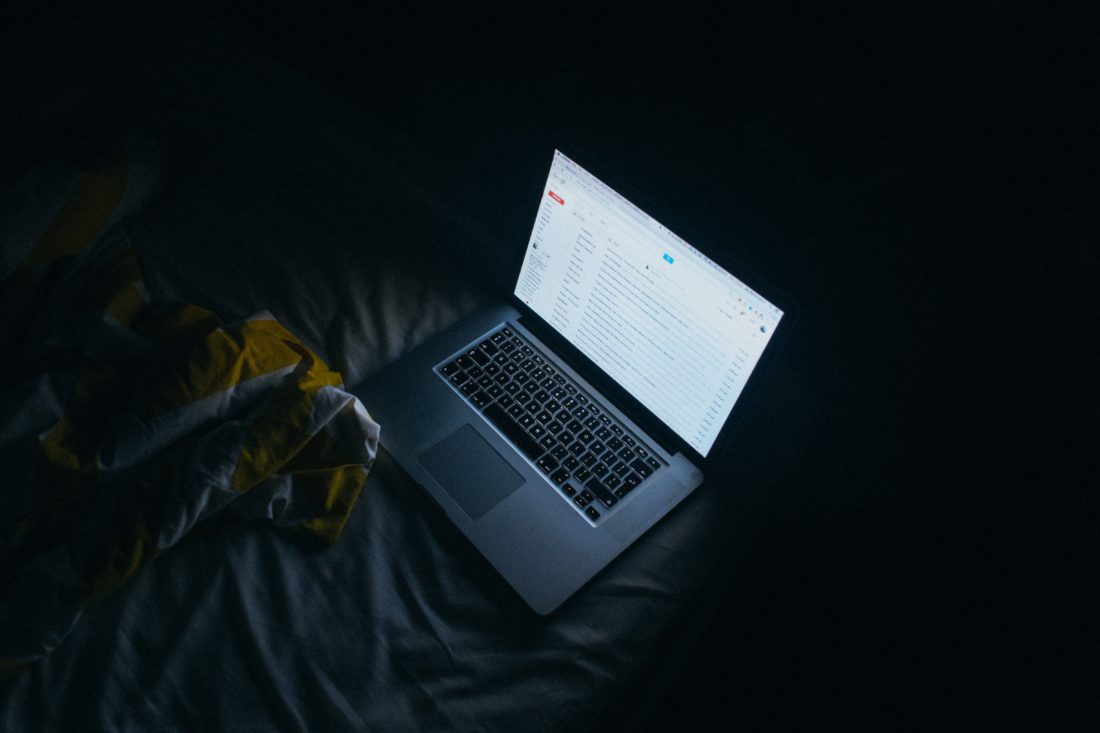
We already said that if sleep was not a human need, we probably wouldn’t do it. But how important is sleep, really? Turns out, it is extremely important, for both our mental and physical health. As far as mental health goes, our brains rely on sleep to stay strong. During sleep, our brains build pathways that help to learn and remember information. Studies have shown that a lack of sleep leads not only to forgetfulness, but also to diminished executive function (which involves decision-making, problem-solving and emotional responses). We may think that staying up late to work will help us get ahead at work, but really it can have the opposite effect and make us less valuable in the office.
Physically, sleep deficiency can lead to all sorts of problems. Like neural pathways, our cardiovascular systems rely on sleep for regular maintenance and repair, which means lack of sleep contributes to faulty blood vessels. Faulty blood vessels cause issues like heart disease, high blood pressure and even strokes. Sleep also regulates the body’s blood sugar levels, so sleeplessness can turn into adult-onset diabetes. It also is highly associated with obesity.
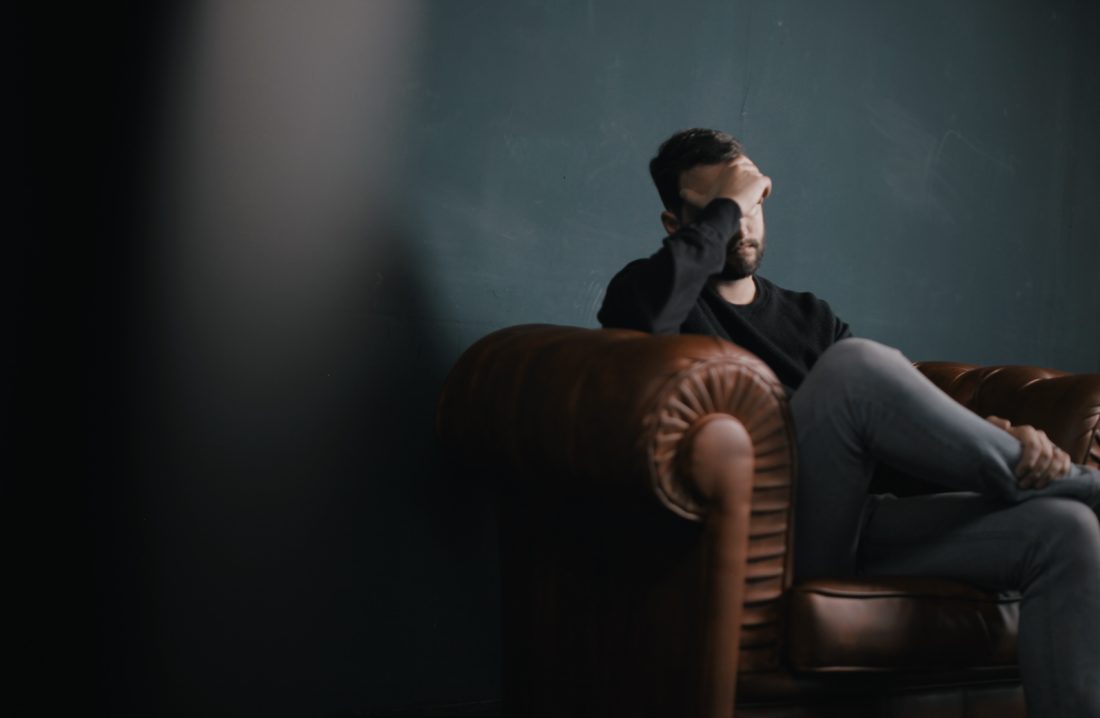
By now, we realize both that sleep is important and that sleep is hard. What is there to do about it? Thankfully, there are several strategies available to improve one’s ability to sleep. The first one seems obvious: Put your phone away. This requires more than just keeping it away from the nightstand. To keep our brains from interpreting the light from the phone as sunshine, we shouldn’t look at it for as many as 75 minutes before we intend to go to bed. Therefore, we should come up with up to 75 minutes of screenless activity to unwind before our desired bedtime hour. (We also should set the same bedtime each night and the same time to get up each morning, preferably by using a real alarm. Coming up with a routine is the surest way to reprogram our body’s internal clock).
One such activity to pass the time is reading. Cozy up with a good book (or, to be honest, even a bad book), and your brain will begin to understand that its services are no longer required. Make sure that when you do this, your lights are turned down low. This will help to create a clear distinction between daytime functioning and nighttime slumber.

Whereas reading is a mental activity one can attempt to aid in sleep, one can also take a physical tack. Since screens and stress have the effect of releasing stress hormones and increasing blood pressure, we can try tactics that combat those head-on. For example, we can engage in some light stretching, which activates the nervous system in such a way as to halt the production of stress hormones. For a more holistic approach, we can use a NAIPO massager. NAIPO’s massagers not only lower anxiety and stress, but they also enhance blood flow and decrease blood pressure. 10 or 15 minutes with a NAIPO massager, and we end up in the perfect place, both mentally and physically, for a long, healthy sleep.
